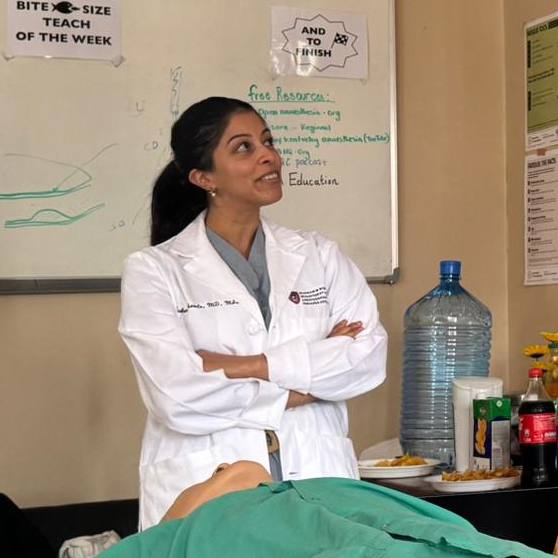-
Mayo Clinic Minute: Adjusting for the end of daylight saving time
Don't forget to turn your clocks back this weekend. For much of the U.S. and many places around the world, daylight saving time comes to an end on Nov. 3, when clocks are turned backward one hour to local standard time.
Journalists: Broadcast-quality video pkg (1:00) is in the downloads at the end of the post. Please "Courtesy: Mayo Clinic News Network." Read the script.
As daylight saving time ends, we turn back the clock and gain that hour of sleep we lost in the spring. Do these hour gains and losses make a difference?
Dr. Lois Krahn, a sleep disorders specialist at Mayo Clinic, says, "We know that it does disrupt sleep and one hour does not seem like a big deal, but when you look at research data, it is a big deal."
Dr. Krahn says we all have a body clock that expects a consistent 24-hour cycle. "We all know people who have erratic schedules, but that’s not as healthy as a consistent schedule, and our body just is not designed for changes in our sleep time."
You can go ahead and enjoy that extra hour of sleep. Dr. Krahn says prepare yourself and your kids so everyone can reset easily by "watching their exposure to light at night as well as encouraging light exposure in the morning, so if the sun is up when they wake up, open up the blinds, let the sun shine in or at least turn on the lights in the room."







